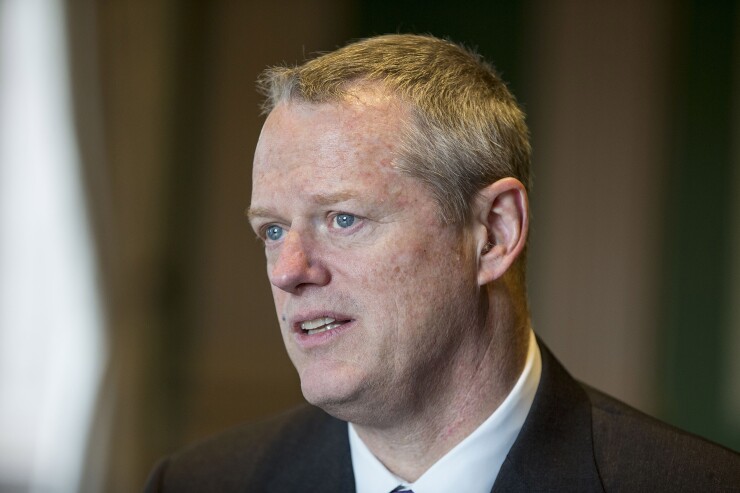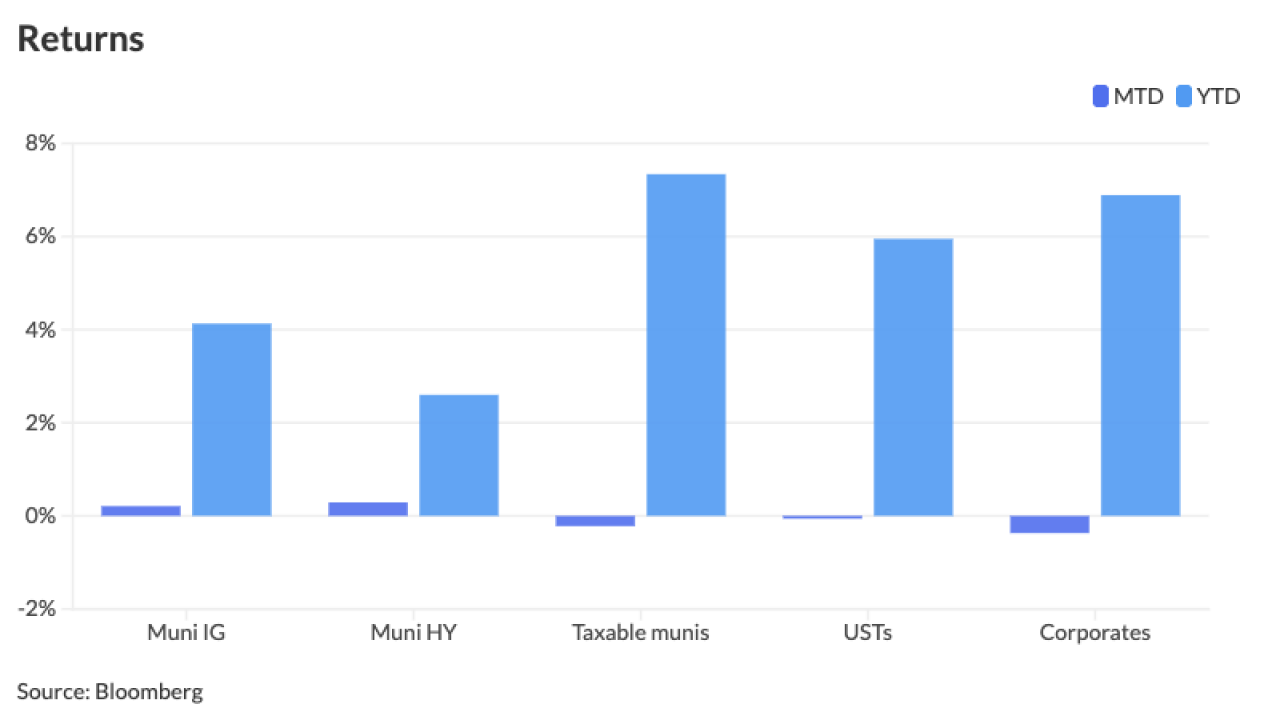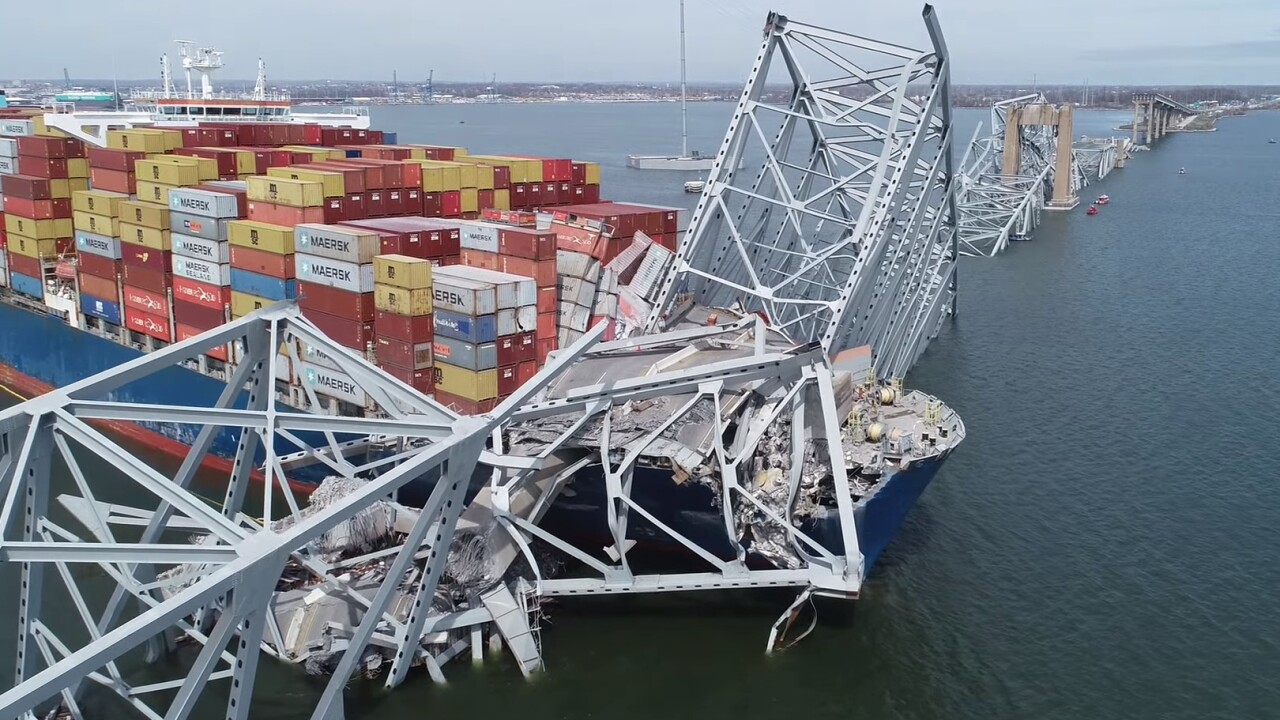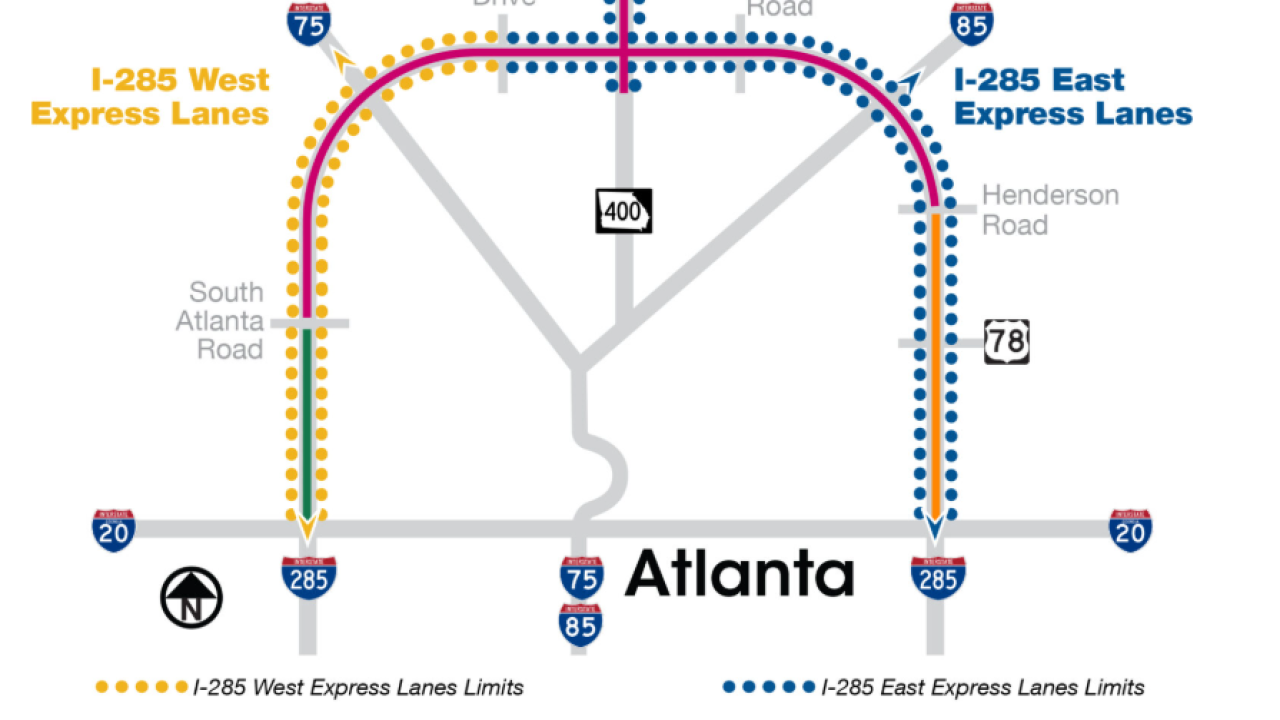Massachusetts Gov. Charlie Baker's $42.7 billion fiscal 2020
The "modest increase," Baker said in his message Wednesday, would amount to $75 million in Fiscal 2020 and $137 million annually afterward. The proposal would raise the deeds excise rate, paid upon a sale of property, to $3 per $500 of value from $2. Funding, he said, would help cities and towns upgrade infrastructure and plan for the effects of climate change.

Baker said the commonwealth could deposit the funds into a Global Warming Solutions Trust Fund. An environmental bond bill, which lawmakers passed last July, authorized the capitalization of the fund.
Baker, a moderate Republican who won a second term in November and works with a Democratic legislature, also announced a multi-year school finance overhaul initiative to increase funding for school districts to fully implement the recommendations of the Foundation Budget Review Commission.
The overall budget is 1.5% over projected FY19 spending, and includes a $200.3 million spike in Chapter 70 funds to implement the first year of the changes, for $5.1 billion in overall school aid next year. Chapter 70 is the major program of state aid to public elementary and secondary schools. It also establishes minimum spending requirements for each school district and minimum requirements for each municipality's share of school costs.
"The bill filed today updates the Foundation Budget formula to provide more support for school districts to meet the rising cost of healthcare and special education costs, as well as educating English language learners and low-income students, and will provide a significant influx of funding for communities with the highest need," Baker said.
Baker's administration also anticipates a $297 million deposit into the rainy-day fund which, in addition to the anticipated year-end deposit in fiscal 2019, would bring the commonwealth’s reserves to nearly $2.8 billion.
S&P Global Ratings rates Massachusetts' general obligation bonds AA, while Fitch Ratings and Moody's Investors Service rate them AA-plus and Aa1, respectively. All three assign stable outlooks.
S&P in June 2017
S&P in December affirmed its AA rating, calling its rainy-day balance "good" at an estimated 4.5% of expenditures and other uses at fiscal year-end 2018. It also attributed a deep and diverse economy; a per capita income at 131% of the nation in 2017; and strong financial, debt, and budget management policies.

Offsetting factors, S&P said, are high debt, pension and other post-employment benefit liabilities. Combined debt, unfunded pension and OPEB to gross state product ranked sixth highest among all the states in FY2017, according to S&P calculations.
The broader budget package includes a separate legislative proposal to amend the state gambling law to allow legal sports wagering at certain gambling facilities. The proposal would also allow those facilities and other duly-licensed online vendors to offer on-line sports wagering. Baker projects this change to generate $35 million in FY20.
The plan also assumes a reduction in the income tax rate to 5% on Jan. 1, 2020.
It also includes $741.6 million for the Massachusetts Department of Transportation overall, the Registry of Motor Vehicles, and other transportation agencies. Mass DOT operations include the Massachusetts Bay Transportation Authority, which operates Greater Boston mass transit.
Regional transit authorities would receive $86 million, including $4 million in discretionary funding to improve ridership and performance, and authority for the secretary of transportation to establish performance metrics and reporting requirements for the RTAs.





